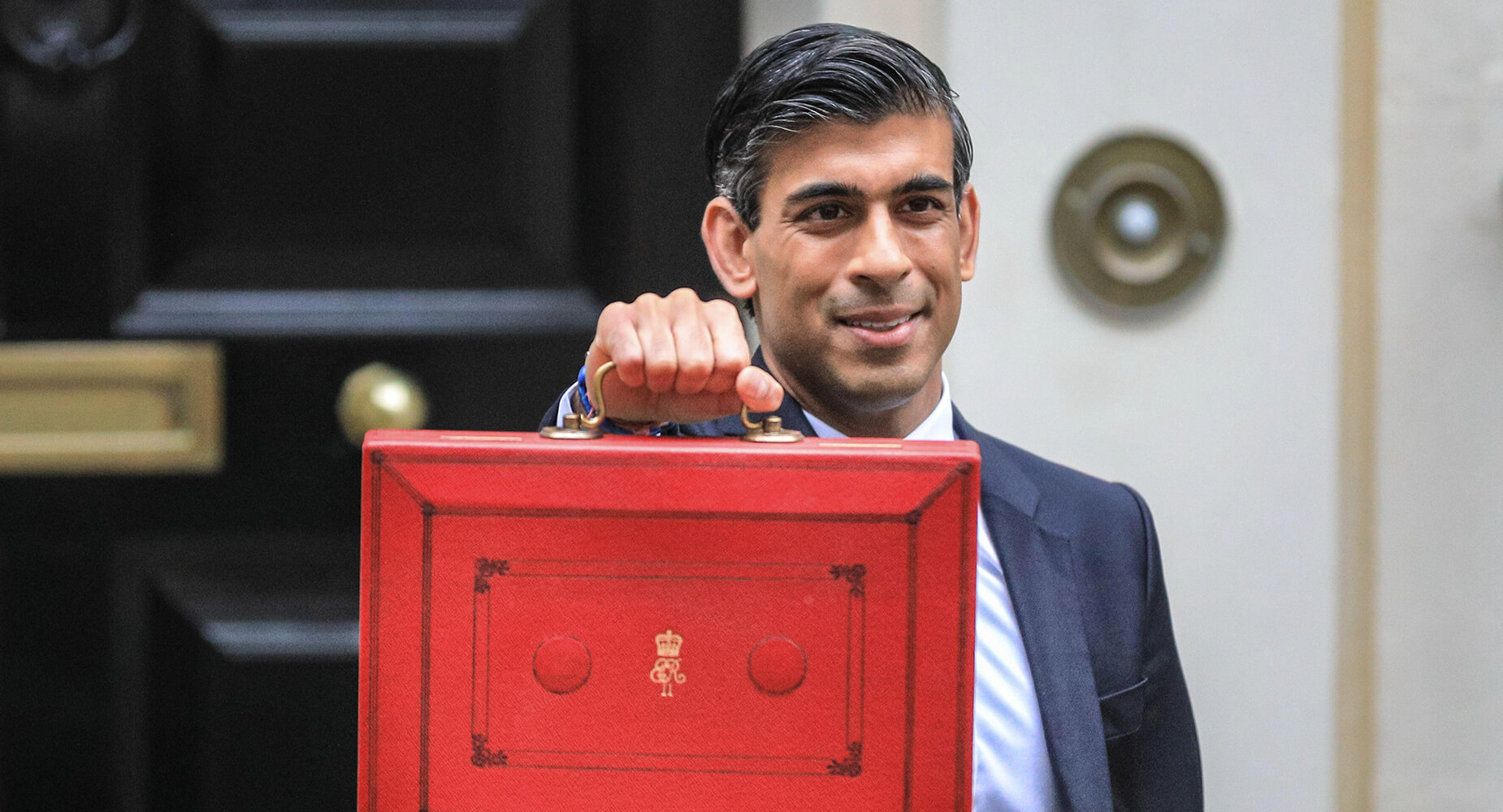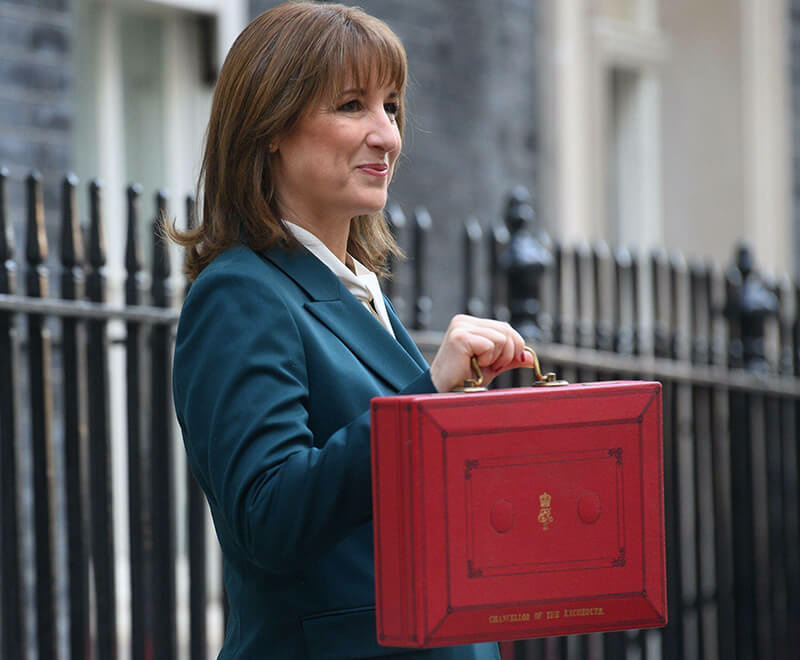Budgets are rarely boring occasions, but even by that standard Rishi Sunak has already had his fill of momentous ones. Since delivering his first Budget four weeks into the job, which was immediately followed by the Covid-19 pandemic, Sunak has had to delve deeper into Government coffers than anyone would have previously thought politically possible for a Conservative Chancellor, just to keep the British economy from complete implosion.
Yet, over a year and a half later, a much more forward-looking feeling surrounded the statement delivered by the Chancellor at the despatch box today. Yes, Covid and its effect on the economy may still be a central focus of Whitehall, but today was all about looking forward to what we might in time describe as the first true ‘Levelling Up’ Budget. The Chancellor framed this as the building blocks for “an economy fit for a new age of optimism”.
The key announcements out of the Treasury prior to today have almost all centred on improving public services – whether it be the additional £1.5bn in new money for local transport services, the near £2bn for new homes on brownfield sites (the kind of development his backbenchers are most likely to approve of), over £2.5bn for more SEN school places, or the mammoth £5.9bn set aside to tackle backlogs in the NHS through a range of additional measures.
Transport, schools, housing and health were big winners today – all key ingredients for appeasing Red Wall MPs and all pointing toward a definite shift in focus from the Government, who may be readying themselves for a General Election pitch that could now come in less than two years.
On top of this, today’s Spending Review outline shows how the Chancellor is betting on heavy investment to deliver ‘world-class’ public services alongside developing innovation that stimulates the economy. Unexpectedly for many in Whitehall, there was significant increases in departmental spending, growing in real terms at 3.8% a year on average over this Parliament – equating to a £150bn increase by 2024-25. With Health and Education faring especially well (the departments are set to receive £43.9 billion and £18.4 billion cash increases in core resource spending over the Parliament respectively) it further indicates what the shape and central elements of a multi-year ‘Levelling Up’ agenda will be.
As with any budget, though, what really matters is how voters feel when measures hit their pockets. Whether that’s fuel prices, changes to VAT and other taxes, or wages. By scrapping the public sector pay freeze and raising the National Living Wage the Chancellor is clearly keen to deliver on the promise of a high-wage economy, and avoid the cost of living crisis that those same commentators have been predicting for weeks. The Chancellor is clearly treading a fine line here: fundamentally reversing austerity while trying to maintain the image of a small state politician. This is already causing unrest on the backbenches and it may present bigger political challenges for him personally in the months to come.
And will this be enough to ease the burden on households and grow the economy anyway? According to the Opposition, no. The Shadow Chancellor Rachel Reeves has accused the Chancellor of “living in a parallel universe”, forcing working people to “pay more for less”, and failing to make online giants pay their fair share, while British businesses are stifled by debt. Labour’s alternative would be to cut VAT on domestic energy bills for six months to deal with soaring gas prices, scrap business rates, and boost the UK’s green economy with a “Climate Investment Pledge”. Questions were also asked about the virtue of cutting air passenger duty and freezing fuel duty in the week running up to an international climate conference



